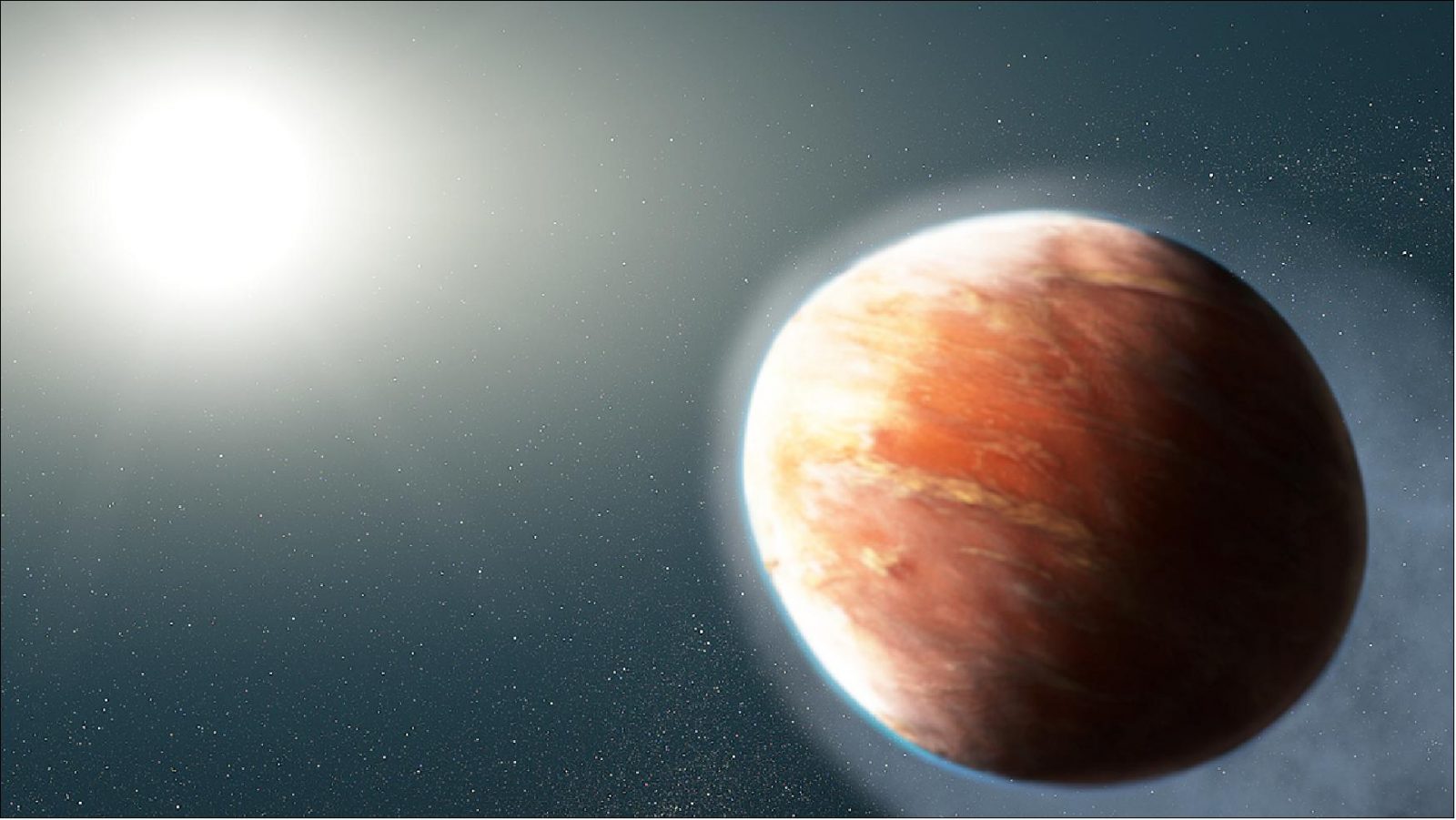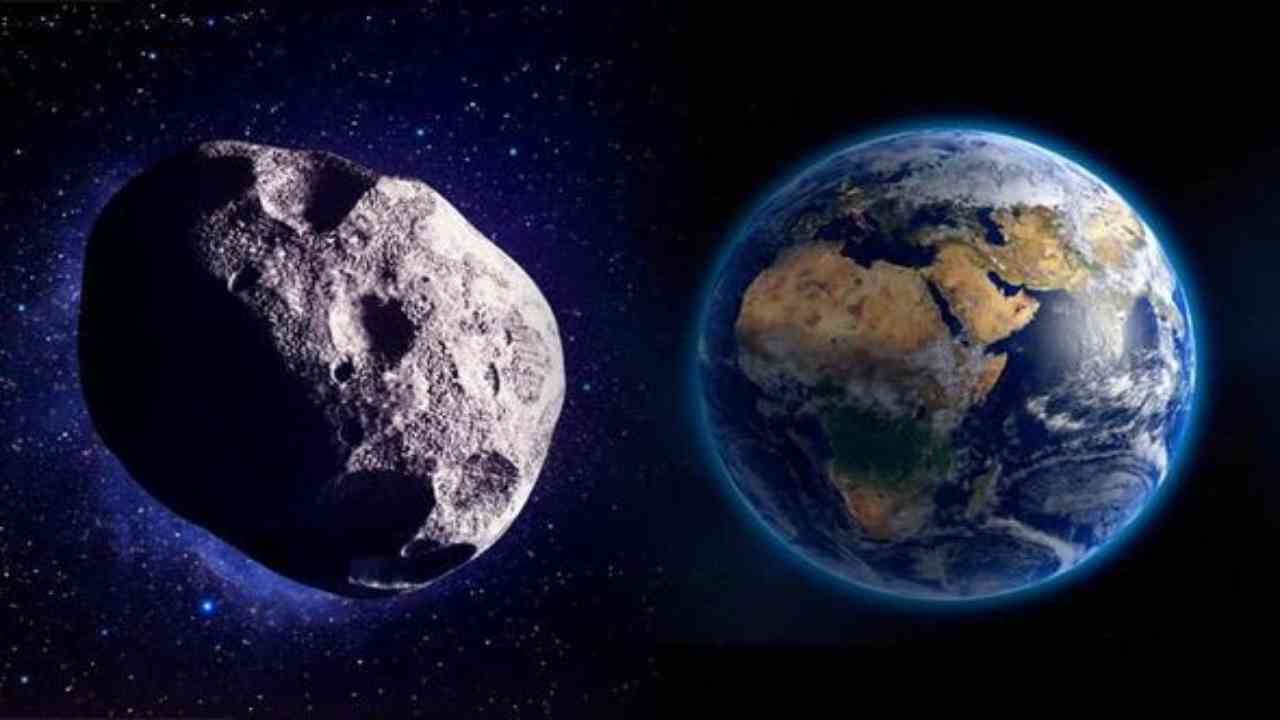Some exoplanet analysis may be overlooking more than half of the Earth-sized planets orbiting other stars.
New discoveries from a team of researchers from the international Gemini Observatory and the WIYN 3.5-meter telescope of Kitt Peak National Observatory. That detail could suggest that Earth-sized planets may be lurking in anonymity within binary star systems, hidden in the glare of their host stars.
As approximately half of all stars populate binary systems, there is a chance that astronomers are skipping numerous Earth-like planets.
Astronomers of the NASA Ames Research Center relied on the twin telescopes of the international Gemini Observatory, a Program of NOIRLab. It helped find out that numerous planet-hosting stars cataloged by NASA’s TESS exoplanet-hunting mission are, in fact, pairs of stars, called binary stars.
Looking into the binary stars, the team figured out that Earth-sized planets in numerous two-star configurations could be overlooked by missions like TESS, which rely on modifications in the light from stars when planets pass in front of it.
The light from the second star makes the task of detecting the changes in the host star’s light particularly difficult when the planet transits.
The research began with the team trying to figure out whether some of the exoplanet host stars observed by TESS were, in fact, binary stars.
Physical star pairs that are closely packed together often get mistaken for single stars. That problem is avoided when the stars are observed at particularly high resolutions.
The new study concluded that there might be a population of Earth-sized planets lurking within binary systems and going undetected via the transit method of TESS and numerous other planet-analyzing telescopes.
Some scientists believe that transit searches could be missing small planets of binary systems, but the recent study features observational support to support that idea, and shows which sizes of exoplanets are impacted by that problem.








Leave a Reply